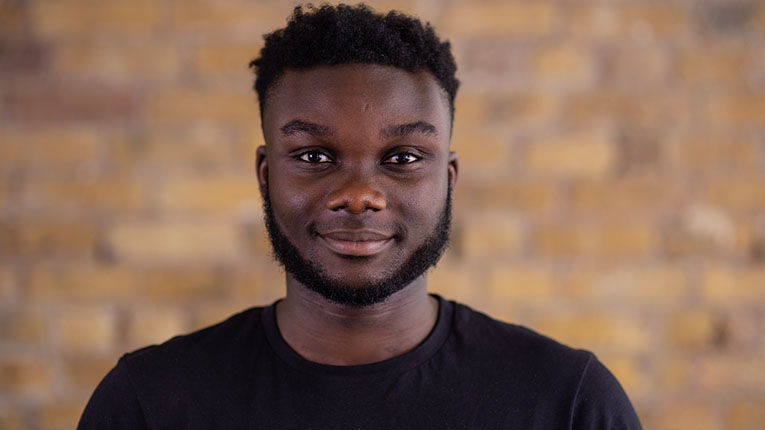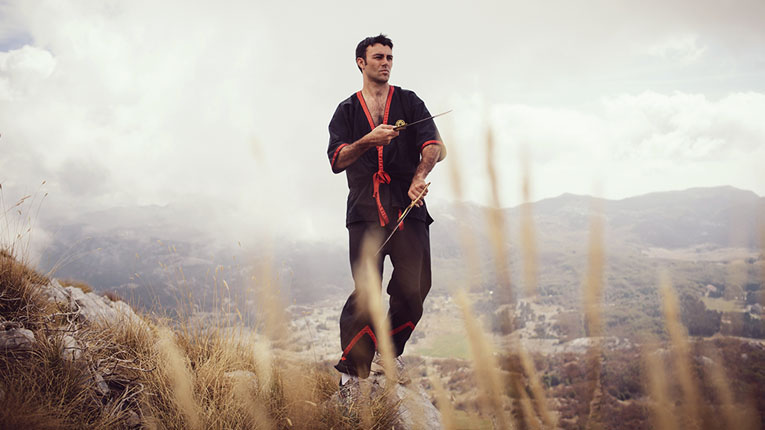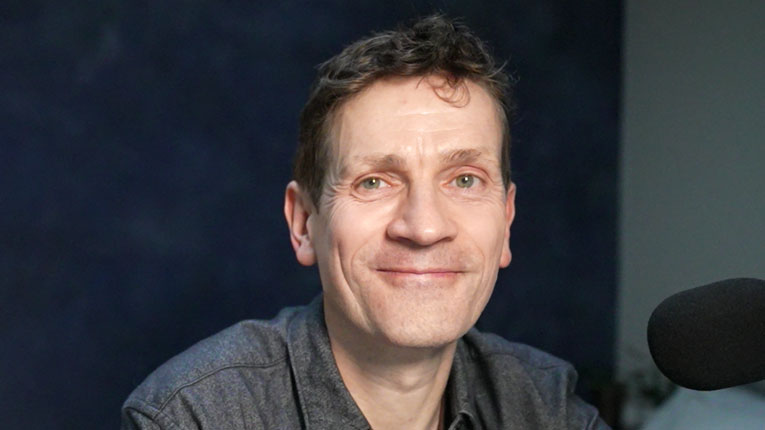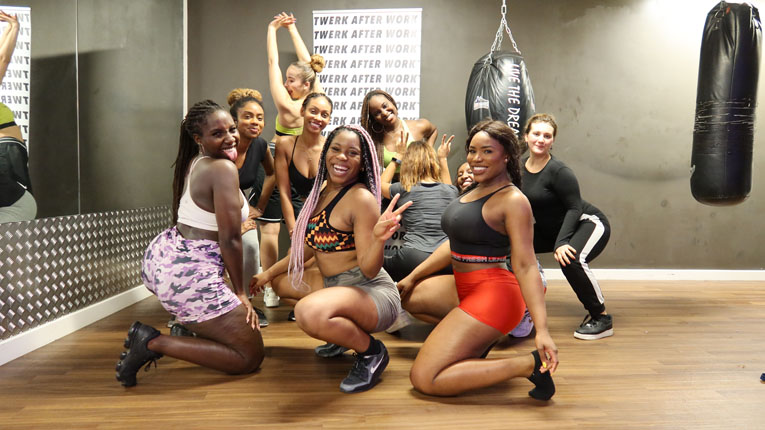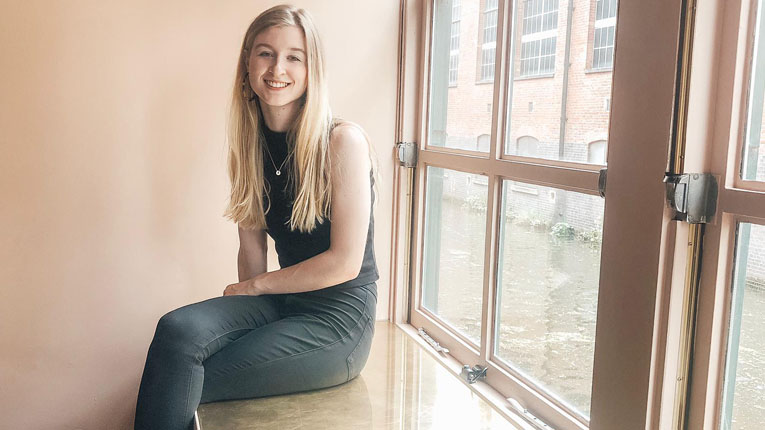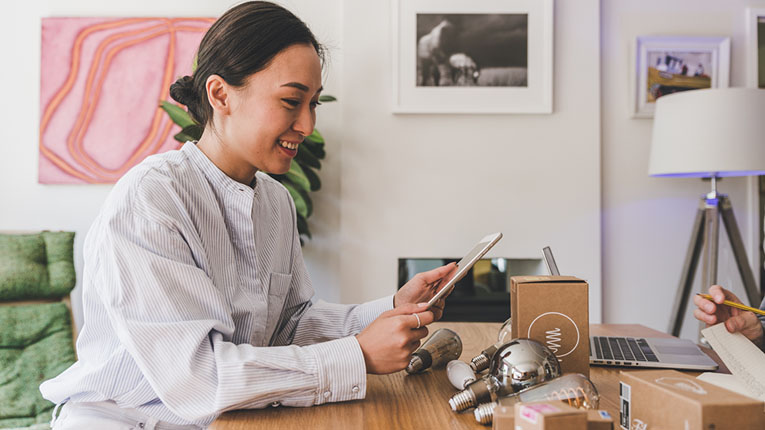World Mental Health Day: 10 wellness tips for entrepreneurs to action now

Posted: Thu 10th Oct 2024
Over the past few months, we've had some fascinating conversations with entrepreneurs and small business owners on mental health and wellbeing.
Some have very openly talked about their own experiences. Others have spoken about the broader, societal causes of mental health problems. Others still have shared practical steps for overcoming everything from burnout to imposter syndrome.
So, for World Mental Health Day, we wanted to share 10 poignant highlights from 10 very powerful conversations. Here goes…
10. Timothy Armoo: 'Reduce the number of big things you have to do'
You don't launch, grow and run a wildly successful business – by the age of 26 – by burning out. Timothy Armoo, the man behind Gen Z-focused marketing agency, Fanbytes, knows this all too well. His way of working is about being so in flow that burnout simply isn't a possibility. How does he do it?
"I surrounded myself with people who could do the things I didn't find fun," he told us. "That was quite a strong mindset shift for me – to think about burnout and what actually causes it.
"The other thing was reducing the number of big things I had to do. We get burnt out because we constantly strive to achieve big goals. If I could look at these goals as a series of smaller ones, that would work really well."
9. Paul Green: 'Fit your own oxygen mask before helping others'
In 2020, commercial airline pilot Paul Green had his dream job taken away from him by the pandemic. He decided to use his skills to set up The Cockpit Method, which helps others benefit from the years of training it takes to become a pilot.
"If you don't fit your own oxygen mask, you have about 30 seconds of useful consciousness before you pass out," Paul told us. "It takes me 17 seconds to fit my mask, so even I couldn't fit two in 30 seconds. If I don't fit my own mask as the pilot, the consequences for the people behind me are catastrophic.
"If I fit my own oxygen mask, I'm so much more useful to everybody else on the aircraft. We think of it as a selfish thing, but actually it's vital. You can help far more people by taking simple steps to look after yourself."
8. Julian Hitch: 'Ask yourself: What is my skill?'
As Leon's director of wellbeing from 2016 to 2020, Julian Hitch changed the healthy fast food chain's culture, practice and even the language it uses. Some of his methods, he believes, can be successfully used by small business owners.
"Entrepreneurs need to ask themselves: 'What is my skill?'" he explained. "I'm not good at accounting. You can't be all things.
"It starts with self-awareness. I know that I like detail but not routine. So when someone says, 'I just love filling in spreadsheets', I'm like, 'Perfect, what can I do to make your life more pleasurable? Because you're going to make my life more pleasant.'"
7. Bruce Daisley: 'Once a week, put an hour aside'
Former Twitter VP, Bruce Daisley, knows a thing or two about workplace culture. Indeed, he's written a best-selling book on discovering the joy of work and told us that it is dependent on not giving in to constant interruption.
"Concentration helps us achieve something. Maybe we are unhealthily addicted to interruptions – and the cost is that work is far more stressful than it needs to be.
"Once a week, put an hour aside. That's it. If you were in a meeting you would get away with not being contactable in that time. It's these small interventions – these small actions – that are the most achievable."
6. Bami Kuteyi: 'Protect your peace'
It's fair to say that fitness entrepreneur, Bami Kuteyi, has had a few professional challenges over the years. When she joined one of the world's biggest tech companies, there was nobody who looked like her. Her own business, Bam Bam Boogie, was born of her feeling like an imposter.
"For my Black queens and Black sisters trying to get into the entrepreneurship game, the most important piece of advice I have is: protect your peace," she told us. "Look at the opportunities that come your way and ask whether they're adding to you or taking from you.
"After Black History Month, I was exhausted. So many of the 'opportunities' that people were trying to give were unpaid.
"People want to hear Black voices, but if by sharing yours, you're not adding to your bigger vision or your bottom line, then you have to protect your peace and say, 'Honestly, it's not working for me.'"
5. Catrin Donnelly: 'You have to really self-regulate'
Catrin Donnelly, founder of mental wellbeing app, Align, told us that working for yourself, which often means by yourself, is doubly challenging. On the one hand, there's the loneliness. On the other, there might not be anyone looking out for you.
"You're the one responsible for telling yourself, 'OK, I need to take a break or tone work down for a bit'," she explained. "No one else will do that for you, unless you have family around you. You have to really self-regulate.
"That's difficult when you're trying to run a business, because you've got goals to achieve but you have to step back to really see how things are going."
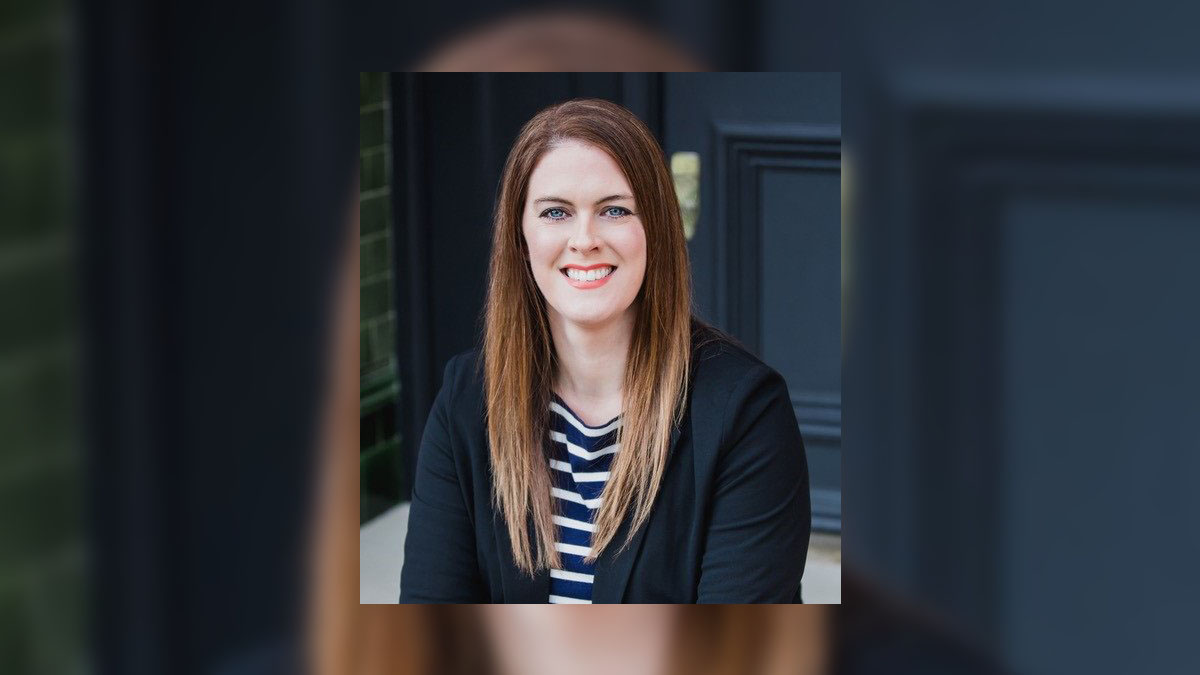
4. Emma-Mills Sheffield: 'Don't beat yourself up for not working'
Mindsetup founder, Emma Mills-Sheffield, began her session at 2021's StartUp Show by admitting that she's "obsessed with productivity" – but that the key to being productive, despite what received wisdom says, isn't hard work alone.
"People thought that hard work would make us productive," she explained, "but actually it's a balance of hard work and time off, sleep, healthy eating and exercise.
"It's always about being intentional – so when we're working, we're really working. When we have time off, we're not beating ourselves up for not working and definitely not checking emails. Think what it is that you need to do and what you want to do and then start to segment things. Get a perspective on your situation."
3. Alisha Zhang: 'It's OK to not know things. It's OK to be inexperienced'
When we spoke to Accio Homes founder, Alisha Zhang, she told us about the challenges she faced – and overcame – as a young female founder in the tech space.
"I think we should all embrace the fact that we might not have the most experience in the industry we want to break into," she said. "That doesn't mean we don't have something to bring to the table. It's OK to not know things. It's OK to be inexperienced."
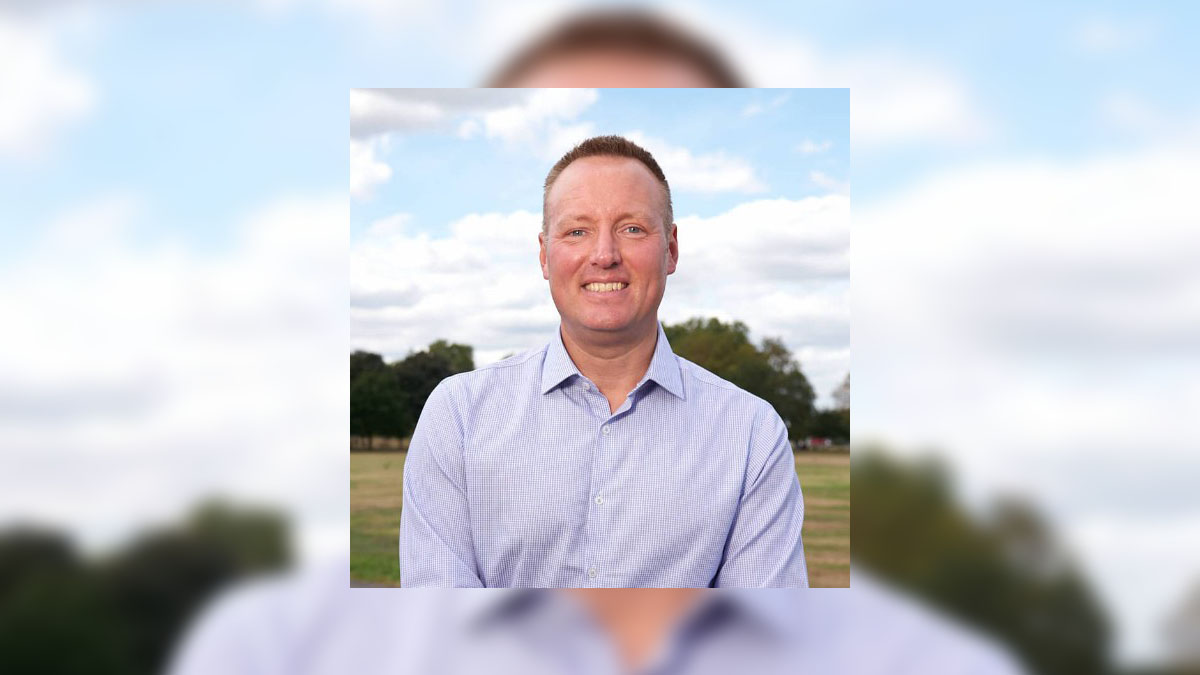
2. David Hudson: 'Routine is so important'
In his Lunch and Learn session, HR leader, David Hudson, explained how routine is a "cornerstone of psychological wellbeing".
"Follow a routine that has a schedule attached to it," he recommended. "But it also needs to allow for little wins, so 'I'm doing to do this and this today and then by the end, I'm going to shut the laptop and go and have a walk, or go and talk to a neighbour.
"This ties in with looking after your own mental health and wellbeing. One of the things being reported now is that people are continuing to work while they're unwell, because they're nervous about the perception that they're not being productive enough. Be aware that you're in this space, that in the 'old days' you would leave the office."
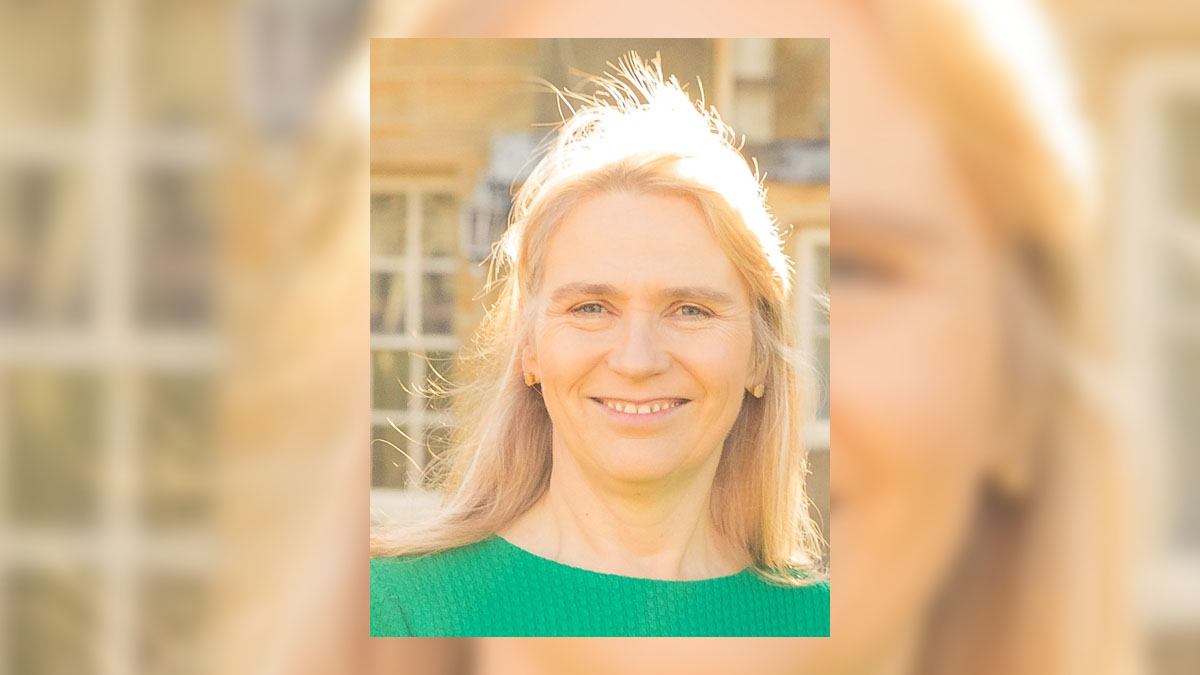
1. Jane Phillips: 'You can use impostor syndrome as a strength'
In a Lunch and Learn session, life coach, Jane Phillips, unpacked how to overcome impostor syndrome via a six-point plan: recognise and record, find your tribe, reframe your mindset, be realistic, recognise your success and rapid transformation techniques.
"It's a horrible feeling," she explained. "But what I would say to everybody is: if you feel imposter syndrome, you are normal. It's a really natural way to feel.
"If it's contained – if you can control it – you can actually use it as a strength. It's there for a reason. You can use it to your advantage."

